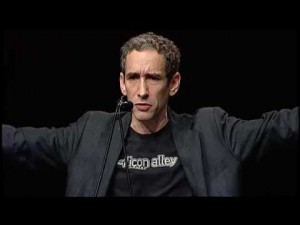
Institute for Social and Network Literacy
Life Skills for Knowledge Citizenship
Notes on cultivating a personal learning network
Explore — it’s not just about knowing how to find experts, co-learners, but about exploration as invitation to serendipitous encounter.
Search – Use Diigo, delicious, listorious, to find pools of expertise in the fields that interest you.
Follow candidates through RSS, Twitter. Ask yourself over days, weeks, whether each candidate merits continued attention.
Always keep tuning your network, dropping people who don’t gain sufficiently high interest; adding new candidates.
Feed the people you follow if you come across information that you suspect would interest them.
To find expertise, also use scholarly tool, scholar.google and freeware “Harzing’s Publish or Perish” shell of it.
Engage the people you follow. Be polite, mindful of making demands on their attention. Put work into dialogue if they welcome it.
Inquire of the people you follow, of the people who follow you. But be careful. Ask engaging questions – answers should be useful to others.
Also, use the fractal branching effect– when you find someone worth following, see who they follow, lather, rinse, repeat.
Respond to inquiries made to you. Contribute to both diffuse reciprocity and quid pro quo.
Howard also Recommends:
Goodbye Information Overload: Strawberryj.am Digs Out The Best Links From Your Twitter Connections




